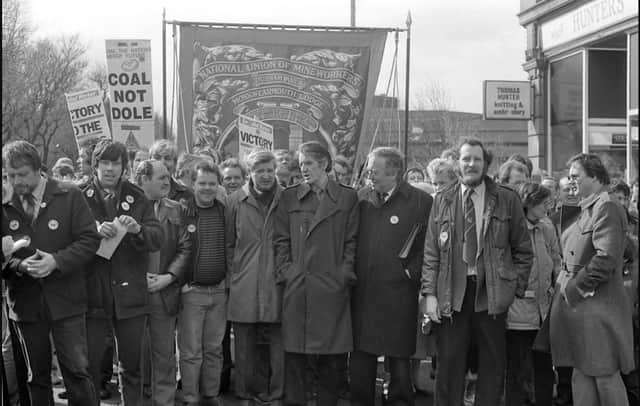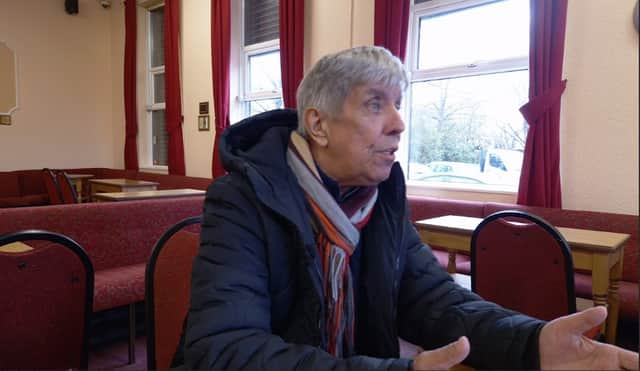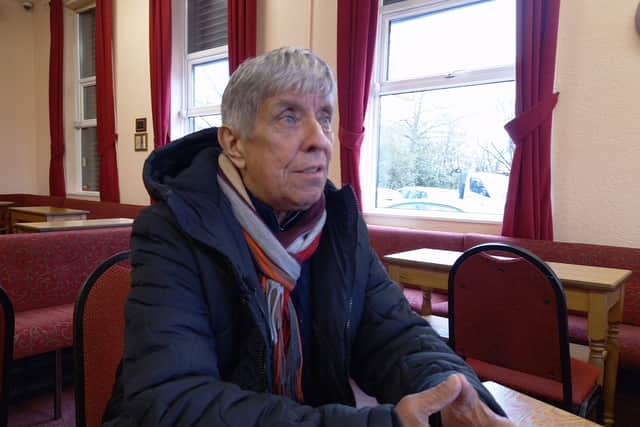The Miners' Strike in Sunderland, when Wearsiders fought for their pits, homes and jobs
and live on Freeview channel 276
'It's never been the same since'.
That's the view of former pit workers who have looked back on the year when their lives were changed forever - the year when the Miners Strike hit Britain.


'There was a fear, a dread. Would our pit be affected'
Many still feel that 1984 - and the colliery closures which happened afterwards - marked the end of thriving pit communities in Wearside and County Durham.
We spoke to some of those who were there.
Advertisement
Hide AdAdvertisement
Hide AdAlan Mardghum was the NUM lodge financial secretary at Wearmouth.


'The feelings were of fear, of dread, would our pit be affected," he said.
'We wanted a livelihood. We wanted to protect our communities'
"Wearmouth was a super pit and we were assured it was not going to be affected, that we were going to be safe for the next 100 years.
"We were told that by the Government, by the National Coal Board, but there was also a feeling that we needed to support our fellow miners at pits that were under threat."
Advertisement
Hide AdAdvertisement
Hide Ad"We wanted a livelihood. We wanted to protect our communities, our jobs, our families. It was a case of you either die on your feet or live on your knees and we were not going to accept that."
'You still have bills to pay and food to buy'
Tens of thousands of pit workers walked out that year but Alan stressed: "It was with a heavy heart. You are losing money. You have still got bills to pay, rent or mortgages, food to buy."
"The argument that we were just hell bent on bringing the Government down, that was never the intention.
"It was about the future of a whole industry. As time has gone on, our position has been vindicated."
Advertisement
Hide AdAdvertisement
Hide Ad'People were still paying off debt years later'
Less than 10 years after the strike, every pit in the Durham coalfield had closed. Wearmouth was the last to shut in 1993.
The effects on the people of Wearside were severe, said Alan.
The legacy of the strike meant 'unimaginable hardship for some people," said Alan. "You still saw people paying debts off years and years later."


In a film documentary interview with the Sunderland Echo, he told how scenes on the picket lines were often violent.
Advertisement
Hide AdAdvertisement
Hide AdThe miners had been confident of victory but they had faced the might of the State, he said.
"AJ Cook said at the end of the 1926 strike that they had gone through a period where they had faced the legions of hell. It was exactly the same in 1984/85."
Watch Alan's interview in full here.
Comment Guidelines
National World encourages reader discussion on our stories. User feedback, insights and back-and-forth exchanges add a rich layer of context to reporting. Please review our Community Guidelines before commenting.